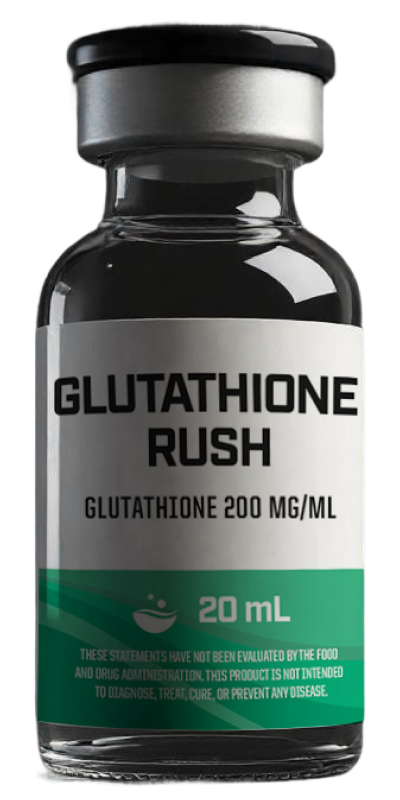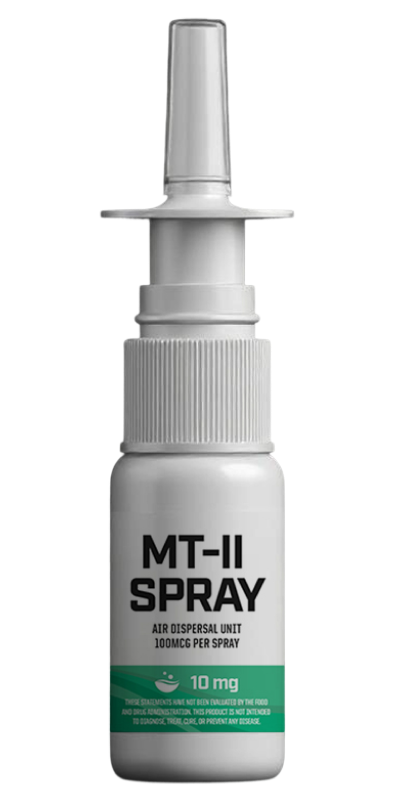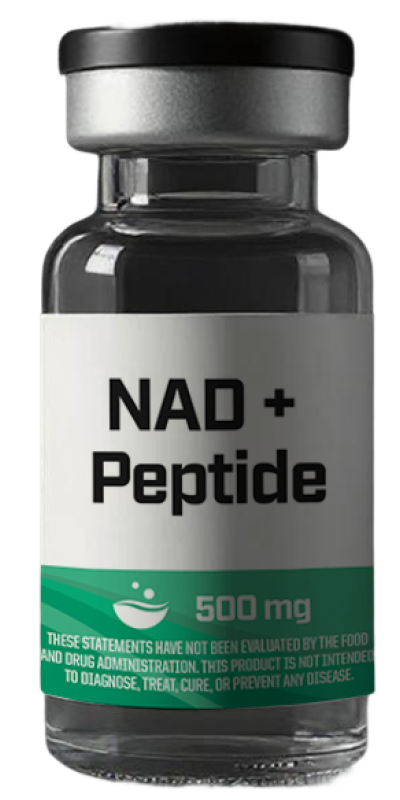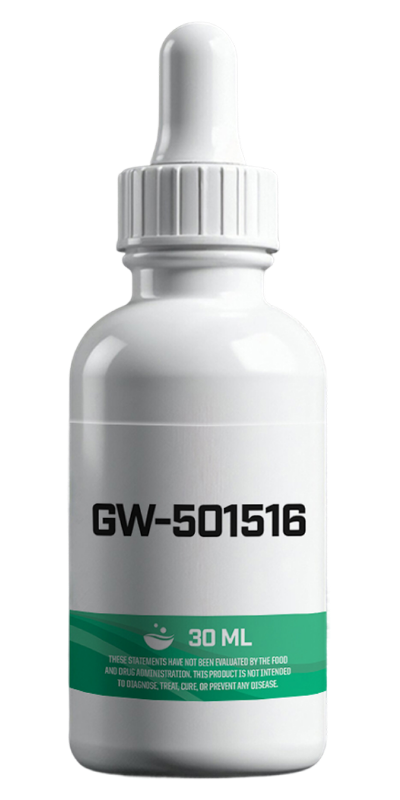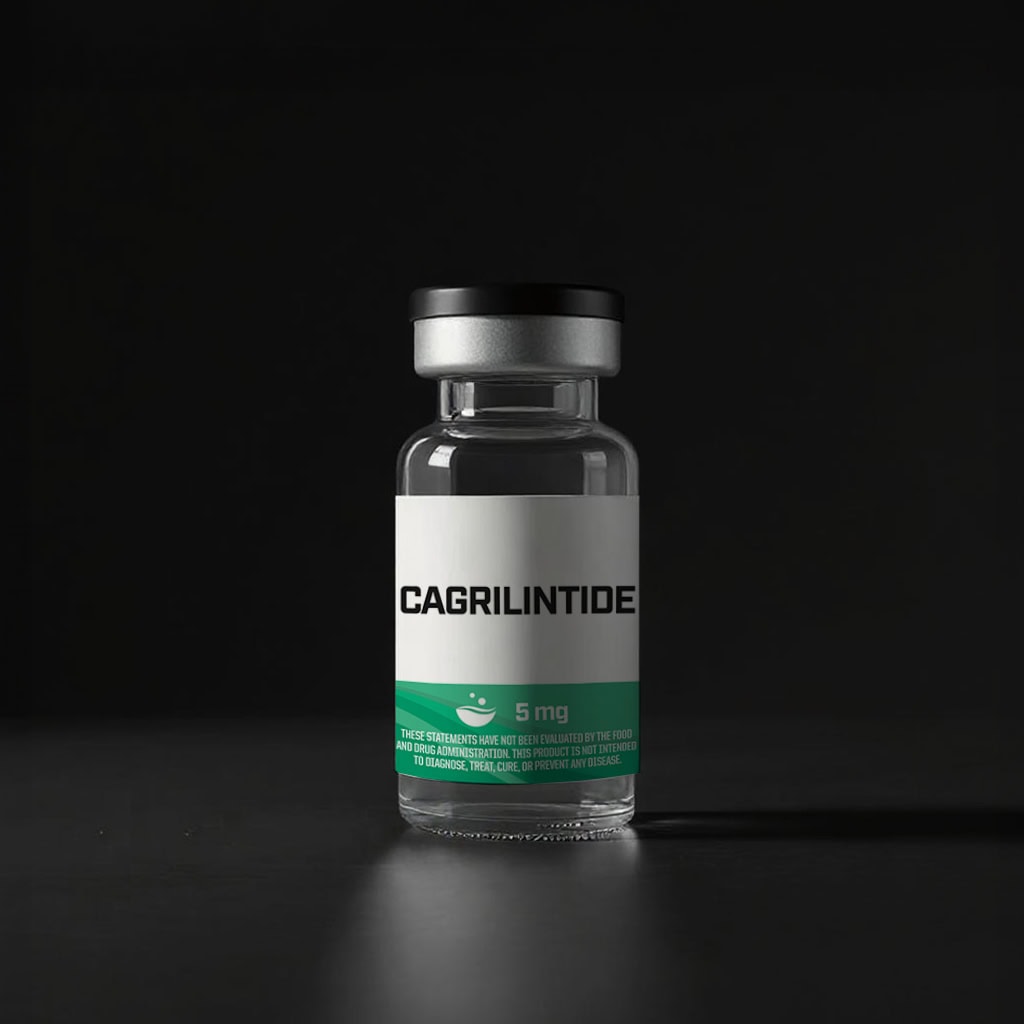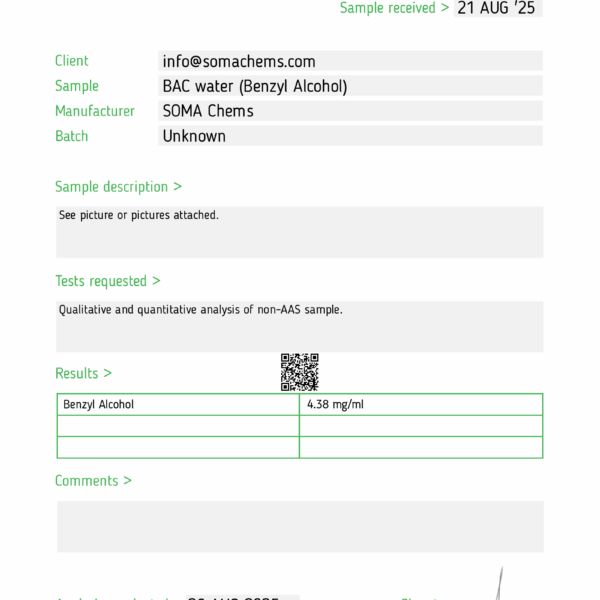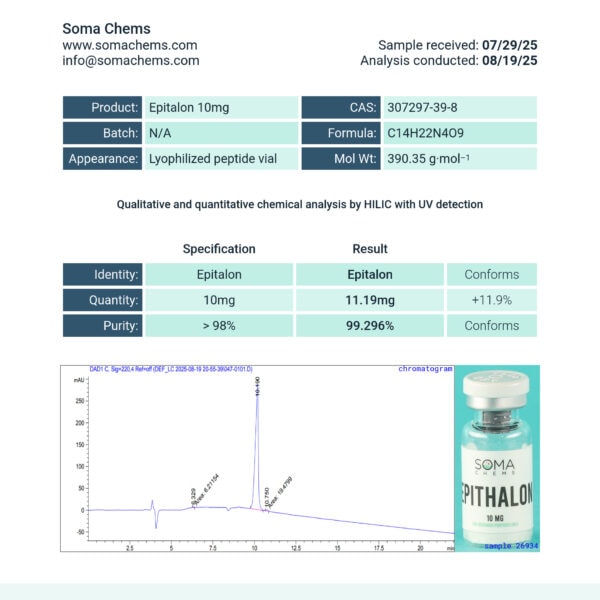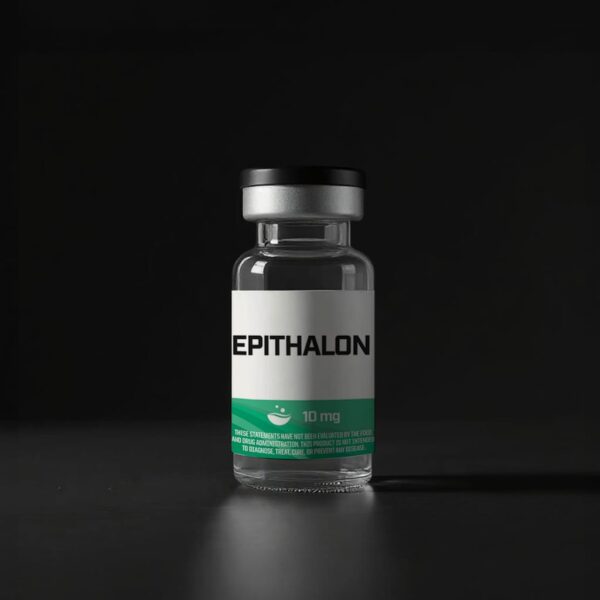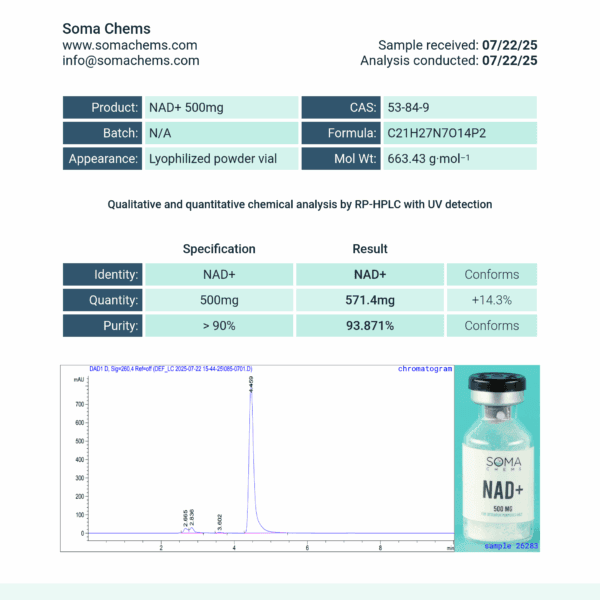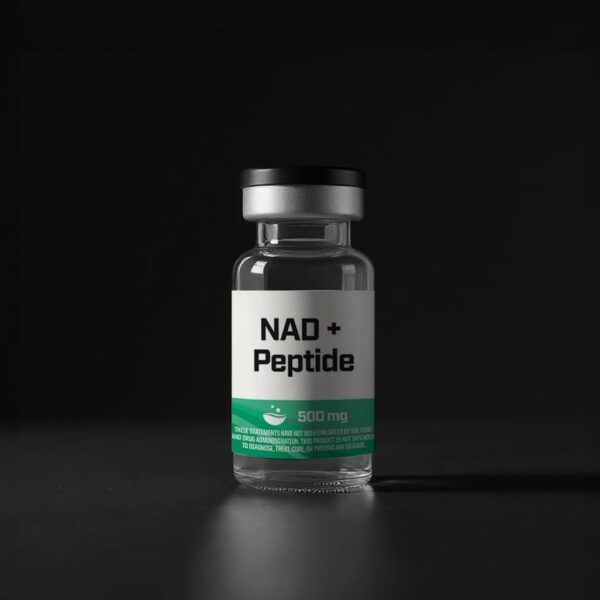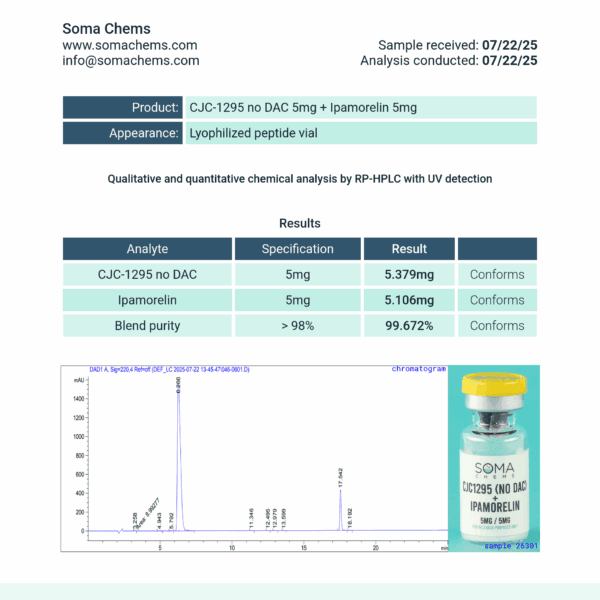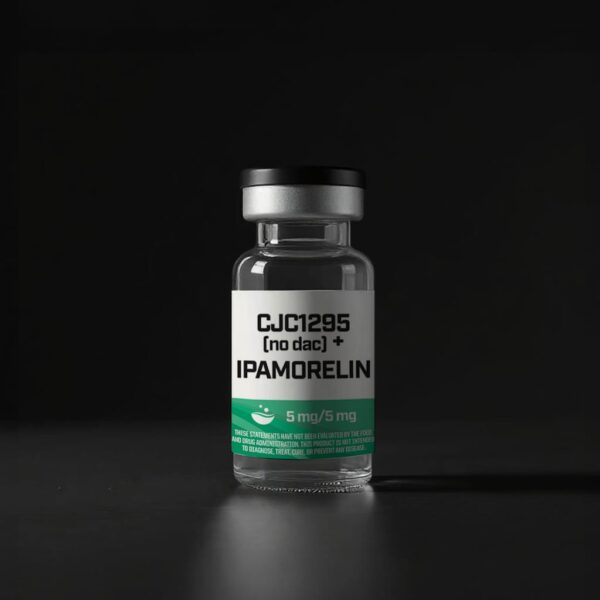Cagrilintide
| : 5MG |
5MG
|
|---|
$59.99
In stock
Description
Cagrilintide is a synthetic peptide analogue designed to act as an amylin receptor agonist. Structurally, it is a modified version of the human amylin hormone, engineered for enhanced stability and receptor selectivity. Amylin is a 37-amino acid peptide co-secreted with insulin by pancreatic β-cells, and its analogues have been developed to investigate their role in energy balance, satiety regulation, and glycemic control mechanisms in preclinical and clinical research models.
Cagrilintide incorporates amino acid substitutions that increase resistance to enzymatic degradation, allowing for improved pharmacokinetic properties compared to the native peptide. Researchers are particularly interested in its binding affinity across the amylin receptor complex, which is composed of the calcitonin receptor in combination with receptor activity-modifying proteins (RAMPs). Current studies focus on evaluating its pharmacology, receptor dynamics, and its potential applications in metabolic research.
Additional information
| Size | 5MG |
|---|
Size :
5MG
Chemical Formula :
C₁₉₄H₃₁₂N₅₄O₅₉S₂
Synonyms :
Cagrilintide (INN); GLXC-26801; AM-833 / AM833
Molar Mass :
4409.0 g/mol
CAS Number :
1415456-99-3
PubChem :
CID 167312356
Shelf Life :
24 months
Cagrilintide is a synthetic peptide analogue designed to act as an amylin receptor agonist. Structurally, it is a modified version of the human amylin hormone, engineered for enhanced stability and receptor selectivity. Amylin is a 37-amino acid peptide co-secreted with insulin by pancreatic β-cells, and its analogues have been developed to investigate their role in energy balance, satiety regulation, and glycemic control mechanisms in preclinical and clinical research models.
Cagrilintide incorporates amino acid substitutions that increase resistance to enzymatic degradation, allowing for improved pharmacokinetic properties compared to the native peptide. Researchers are particularly interested in its binding affinity across the amylin receptor complex, which is composed of the calcitonin receptor in combination with receptor activity-modifying proteins (RAMPs). Current studies focus on evaluating its pharmacology, receptor dynamics, and its potential applications in metabolic research.
